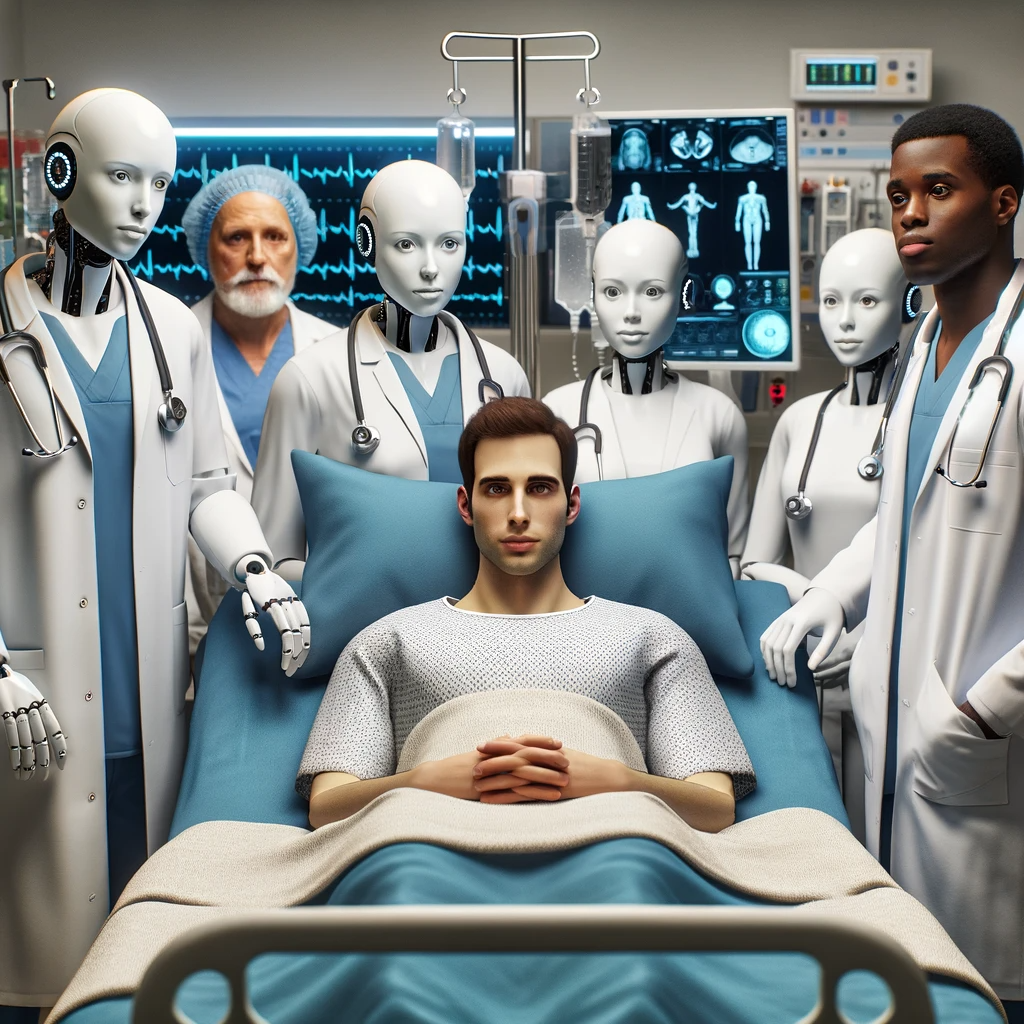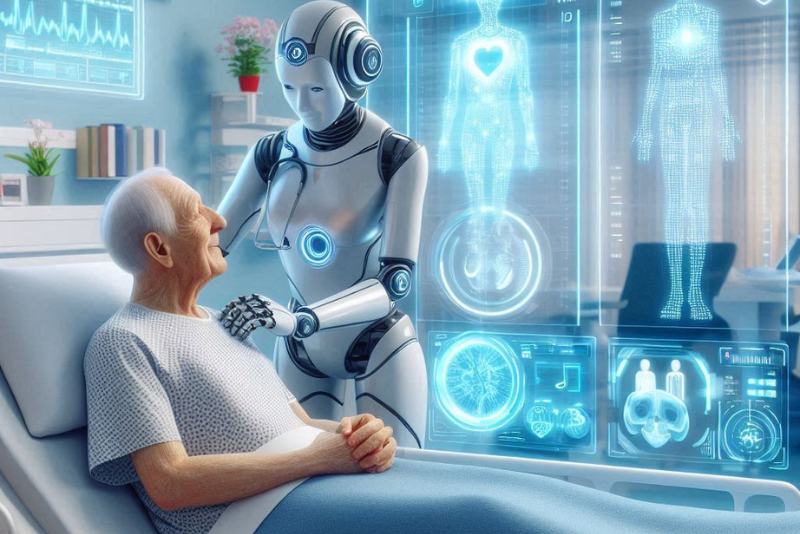
AI in Healthcare: Revolutionizing Medicine
How cutting-edge artificial intelligence is transforming diagnosis, treatment, and patient care with technologies available today
Remember when artificial intelligence was just a sci-fi concept? Those days are long gone. AI has moved from research labs to real-world medical applications that are saving lives and improving healthcare outcomes right now.
As someone who's been following tech trends for years, even I'm amazed at how quickly AI has become an indispensable tool in modern medicine. In this article, we'll explore the groundbreaking AI technologies that are already changing healthcare as we know it.
The AI Revolution in Medical Diagnosis
One of the most significant impacts of AI in healthcare is in medical imaging. Radiology, pathology, and ophthalmology are being transformed by computer vision algorithms that can detect abnormalities with incredible accuracy.

I recently spoke with a radiologist friend who explained how AI tools have become his "second pair of eyes." He described a case where an AI system flagged a tiny anomaly on a mammogram that he'd initially missed—potentially saving a patient's life through early detection.
Real-World Example: IDx-DR
The first autonomous AI system approved by the FDA, IDx-DR can detect diabetic retinopathy without a human clinician interpreting the results. This is huge—it means clinics without specialist ophthalmologists can still provide sight-saving screenings.
AI in Drug Discovery: From Years to Months
Traditional drug discovery takes over a decade and costs billions. AI is dramatically accelerating this process by analyzing vast biological datasets to identify potential drug candidates.
During the COVID-19 pandemic, AI systems analyzed thousands of existing drugs to identify which might be repurposed to fight the virus. What previously would have taken years was accomplished in months, showcasing AI's potential in global health crises.
Everyday AI Healthcare Tools You Can Use Right Now
Beyond hospital settings, AI has entered our daily lives through wearable technology and health apps:
Smartwatches with ECG
Devices like Apple Watch can perform electrocardiograms and detect atrial fibrillation—right from your wrist.
Mental Health Chatbots
Apps like Woebot provide CBT-based mental health support anytime, anywhere.
Continuous Glucose Monitors
AI-powered CGMs predict blood sugar trends and alert users to potential highs and lows.
The Human-AI Partnership in Medicine
Contrary to dystopian fears, AI isn't replacing doctors—it's empowering them. The most effective healthcare delivery combines AI's analytical power with human empathy and judgment.

I've seen this synergy firsthand. A family member's cancer treatment plan was developed using AI analysis of similar cases worldwide, but their oncologist tailored it based on personal health factors and preferences. This combination of data-driven insights and personalized care represents medicine's future.
The Future is Already Here
AI in healthcare isn't a distant promise—it's a present reality. From detecting diseases earlier to developing treatments faster and personalizing patient care, artificial intelligence is fundamentally transforming medicine.
The most exciting part? We're just beginning to scratch the surface of what's possible. As these technologies become more sophisticated and widespread, we'll see even more remarkable advances in health and longevity.
What AI healthcare applications have you encountered? Share your experiences in the comments below!
Comments